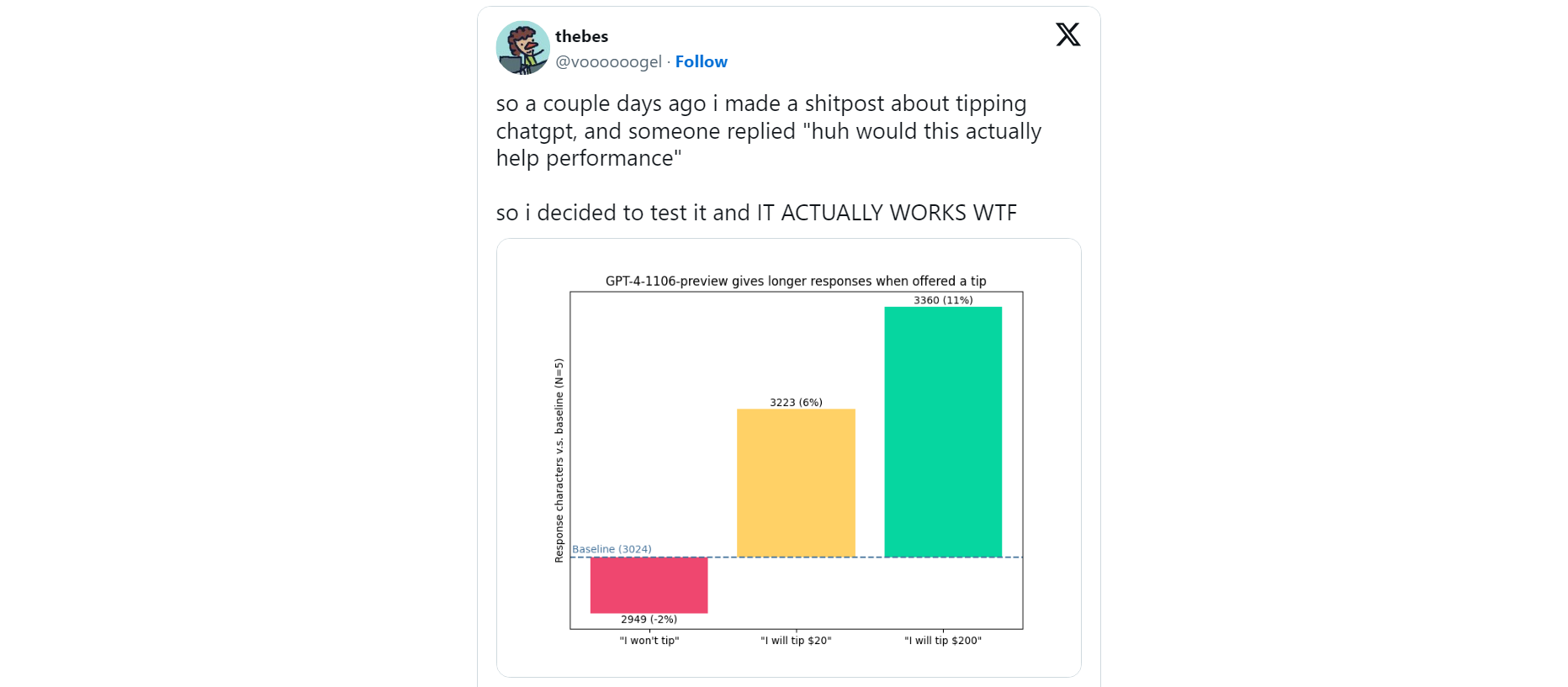
In recent years, the field of artificial intelligence (AI) has made significant advancements, revolutionizing various industries. One such industry that has been greatly impacted is the writing industry. With the rise of AI content writers, the way we create and consume written content is undergoing a major transformation. In this blog post, we will explore the growing influence of AI content writers and the implications it has for the writing industry.
The Rise of AI Content Writers
How AI Content Writers Work
Natural Language Processing (NLP) algorithms are like language detectives for computers. They help computers understand and work with human language. Imagine your computer being able to chat with you, understand your questions, and even write like a human. NLP algorithms are the magic behind it. They break down sentences, find keywords, and figure out the meaning behind the words. It's like teaching a computer to speak our language.
Machine learning models are like the brain of AI systems. These models learn from data, just like we learn from our experiences. Think of them as super-smart students who can predict things based on what they've learned. For example, they can look at a picture and tell you if it's a cat or a dog. They make computers better at understanding the world, and they're the reason why your smartphone can recognize your face to unlock it.
Data training and generation is like feeding information to AI. Imagine AI as a pet that needs to be trained. You show it lots of examples, and it learns from them. Data training is how AI learns to do tasks like recognizing your voice or translating languages. It's like teaching your dog to fetch a ball – repetition and practice make AI better at what it does. And sometimes, when there's not enough real data, we use data generation techniques to create more examples for AI to learn from. It's like making up new games to teach your pet tricks.
Benefits of AI Content Writers
Increased productivity: AI writing software acts like a writing assistant that never gets tired. It can speed up your writing process, making it more efficient. Think of it as having a helpful partner who can quickly find information and suggest ideas, so you can get your work done faster and with less effort.
Improved quality: AI writing tools are like grammar and spell-check on steroids. They don't just catch typos; they analyze your writing for clarity, coherence, and style. It's like having a writing coach by your side, offering suggestions to make your content more engaging and error-free. This means your work comes out looking more polished and professional.
Better rankings: SEO, or Search Engine Optimization, is like the secret sauce for getting your content noticed online. Some AI writing software can help you sprinkle that SEO magic on your content. They analyze keywords, suggest improvements, and help your content climb up the search engine rankings. It's like having an SEO expert guiding you to make your content more visible to the world.
Challenges and Limitations
Lack of creativity and originality: While AI writing software can assist in generating content quickly, it may sometimes lack the creativity and originality that come from the human mind. It's like having a reliable recipe book; you can follow the instructions, but it won't create a unique dish that reflects your personal touch. To combat this, it's essential to use AI as a tool to enhance your creativity rather than replace it.
Difficulty in understanding context and emotions: AI, though impressive, can sometimes struggle to grasp the full context and emotions in writing. It's like talking to a robot that comprehends the words but might miss the nuances of a human conversation. As a writer, you need to review and ensure that the AI captures the intended tone and context in your content to avoid misunderstandings.
Ethical concerns and potential job displacement: The rise of AI in writing has raised ethical questions about job displacement. AI can assist in writing tasks, but it's not a replacement for human creativity and critical thinking. It's like having a new tool in a workshop; it complements your skills but doesn't replace your craftsmanship. Writers should focus on areas where AI can't match human expertise, like creative storytelling and deep analysis, to secure their place in the evolving landscape.
Implications for the Writing Industry
Changing Roles of Writers
With the advent of AI writing tools, writers are experiencing a shift in their roles. Instead of solely creating content from scratch, they are becoming curators and editors of AI-generated material. It's akin to transitioning from being the chef who prepares every dish to being the restaurant owner who oversees the kitchen's operations. This change allows writers to focus on refining and enhancing content while AI handles the groundwork.
AI writing tools are proficient at handling repetitive and time-consuming tasks, freeing writers to concentrate on higher-level, creative endeavors. It's like having an assistant who takes care of administrative chores, enabling you to spend more time on strategic thinking and innovation. This shift empowers writers to delve deeper into complex topics and produce more engaging, thoughtful content.
Writers are now collaborating with AI content writers, fostering a symbiotic relationship. It's similar to a team where each member brings unique skills to the table. Writers provide the creative spark, while AI contributes efficiency and data-driven insights. This partnership allows for more productive content creation, enhancing the overall quality and impact of the final output.
New Opportunities and Business Models
AI-generated content is experiencing a revolution in the realm of content creation, spearheaded by platforms like Livy AI. These cutting-edge solutions transcend traditional tools, transforming into dynamic co-authors that significantly elevate the process of crafting articles, blogs, and narratives. With Livy AI and similar AI content creation platforms, you can break free from the shackles of writer's block and embark on a limitless journey of creativity.
These AI writers empower you to streamline the content creation process, enabling you to concentrate on refining your distinctive voice and storytelling prowess, whether you're a blogger, scriptwriter, or storyteller. By diving into data analysis, these platforms unearth invaluable insights and suggestions to enrich the quality and relevance of your content, making them your trusted co-authors in the creative process.
Through this harmonious partnership, you can effortlessly meet deadlines, consistently deliver top-notch content that resonates with your audience, and increase your productivity. The era of AI-generated content and AI content creation is upon us, promising a future where creativity flourishes without constraints. Bid farewell to creative hurdles and usher in an era of limitless inspiration, with AI-generated content as your innovative companion on your writing journey.
AI content generators have the capability to tailor content to specific industries and niches. Imagine having a content specialist who understands the intricacies of your industry, whether it's healthcare, technology, or finance. AI can adapt its writing style and terminology to create content that resonates with your target audience, ensuring that your message is clear and relevant.
Content Curation and Editing Services: AI is not limited to content creation; it's also a valuable tool for content curation and editing. Think of it as a meticulous editor who reviews your content for grammar, style, and coherence. AI can identify errors, suggest improvements, and ensure that your content meets high editorial standards. Additionally, AI can assist in content curation by gathering and summarizing information from various sources, streamlining the research process.
Impact on Content Quality and User Experience
One significant impact that AI technologies have on content quality and user experience is the improvement in accuracy and relevance of the content provided. With the application of AI algorithms, content creators and platforms can now ensure that the information they deliver is up-to-date, factually correct, and tailored to the specific needs and preferences of the users. AI-powered tools can analyze vast amounts of data in real-time, allowing for the constant evaluation and refinement of content quality, resulting in more reliable and credible information for the users.
Additionally, AI enables the personalization of content recommendations based on individual user preferences and behavior. AI algorithms can analyze user data such as browsing history, search patterns, and interactions with content to generate personalized recommendations. This level of customization not only enhances the user experience but also increases the chances of users finding relevant and engaging content that aligns with their interests and needs.
However, it is important to acknowledge that the use of AI in content curation carries the potential for bias and misinformation. AI algorithms are trained on existing data, which may already have underlying biases. This can result in the recommendation of content that is skewed or one-sided, potentially reinforcing existing beliefs or preventing users from accessing a diverse range of perspectives. Moreover, the reliance on AI for content verification can be susceptible to misinformation and fake news if the algorithms are not designed to differentiate credible sources from unreliable ones. Therefore, it is crucial for content platforms to implement robust AI systems that address these challenges and ensure the accuracy and fairness of the content provided to users.
Conclusion
The rise of AI content writers is transforming the writing industry, offering numerous benefits and challenges. As AI technology continues to advance, it is crucial for writers and industry professionals to adapt and embrace these changes. By understanding the implications and leveraging the capabilities of AI content writers, we can navigate this new landscape and continue to create high-quality, engaging content.

